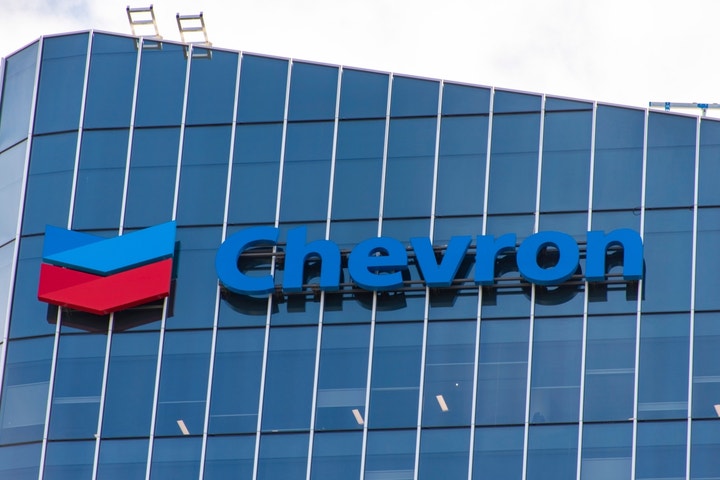
After nearly two years of uncertainty and legal wrangling, a resolution may be imminent in Chevron Corporation’s (NYSE:CVX) highly anticipated acquisition of Hess Corporation (NYSE:HES).
Media reports suggest arbitrators are close to a decision in the dispute, which hinges on whether Exxon Mobil Corporation (NYSE:XOM) and CNOOC, Hess’s partners in Guyana’s lucrative Stabroek block, have a right of first refusal on Hess’s stake.
This pivotal ruling will determine the fate of Chevron’s all-stock deal, which has already cleared antitrust review and secured shareholder approval, and could significantly reshape Chevron’s long-term growth trajectory and free cash flow prospects.
Bank of America Securities (BofA) analyst Jean Ann Salisbury has reiterated a Buy rating on Chevron, setting a price forecast of $170. According to Salisbury, the arbitration over Chevron’s acquisition of Hess is close to a resolution, with a decision expected soon.
The core of the issue lies in arbitration claims filed by Exxon Mobil and CNOOC, who assert that their joint operating agreement for Guyana’s Stabroek block grants them a right of first refusal on Hess’s interest.
Salisbury outlines two potential outcomes for the arbitration. First, if arbitrators determine that the ROFR in the Guyana joint operating agreement does not apply to a full corporate acquisition, Chevron’s all-stock deal could close promptly, given it has already passed FTC antitrust review and received board and shareholder approval.
Also Read: Chevron Waves In More LNG From Energy Transfer’s Lake Charles Project
Second, if the ROFR is deemed valid, only Exxon (or potentially CNOOC) could ultimately acquire Hess’s stake. Should Chevron prevail, Salisbury anticipates a re-rating of Chevron’s stock, driven by enhanced long-term free cash flow prospects.
Strategically, the Hess acquisition is deemed transformative. It would significantly boost Chevron’s production with low-cost oil (under $35/bbl breakeven) and expand its geographic footprint, complementing existing Permian and TCO assets.
This deal would also address a projected gap in Chevron’s 2027+ project pipeline, fostering free cash flow (FCF) growth into the early 2030s and strengthening its position in TCO extension negotiations.
While Hess is projected to become FCF-positive by 2026, the merger would initially dilute FCF per share in a pro forma model; however, by 2029, it is expected to outperform Chevron’s standalone FCF.
Salisbury projects Chevron (excluding Hess) to generate over $18/share in FCF by 2028 at $70 Brent, supported by several major project ramp-ups.
Currently, Chevron trades at approximately an 11% FCF yield based on fourth-quarter 2027 run-rate estimates, compared to Exxon’s 9%. The analyst sees potential for Chevron to re-rate closer to Exxon’s levels as investors gain greater clarity on post-2027 growth.
Salisbury also suggests that the downside risk for Chevron appears limited. The stock already trades at FCF yields comparable to some U.S. E&Ps, despite Chevron offering the added advantages of an integrated value chain, a global footprint, and a balanced portfolio of long- and short-cycle assets.
In this context, the anticipated two years of organic growth could provide Chevron with the flexibility to pursue another acquisition if desired, though high-quality targets are increasingly scarce. If the Hess deal ultimately does not close, Salisbury notes that the resulting clarity might allow Chevron to redefine its strategic direction.
Price Action: CVX shares are trading higher by 0.69% to $154.07 at last check Thursday.
Read Next:
Photo via Shutterstock







